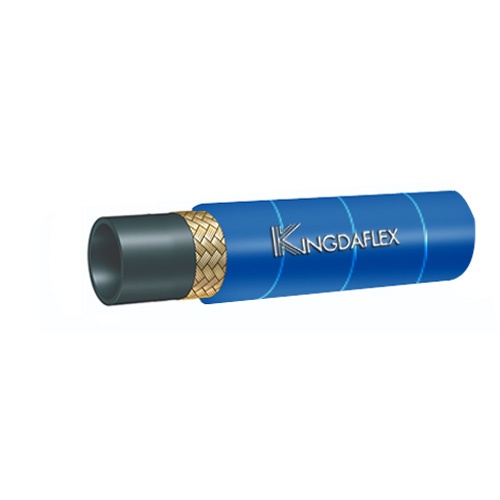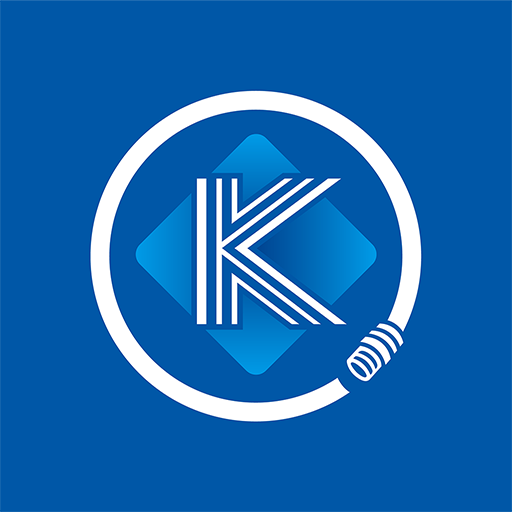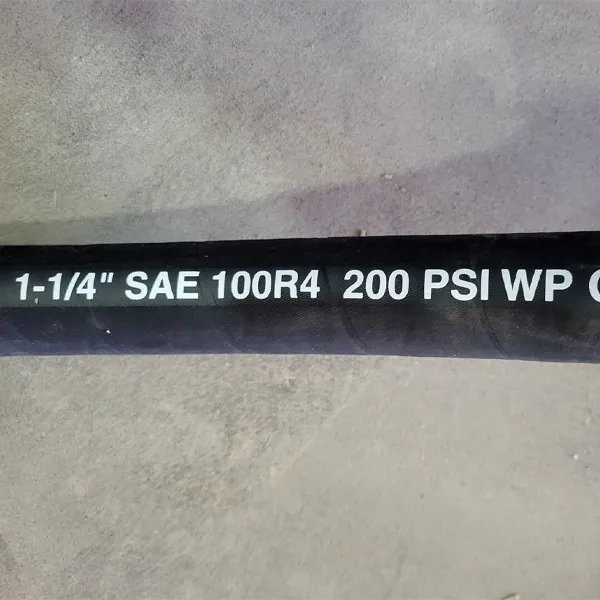Jet washing, also known as pressure washing, has become a popular method for cleaning various surfaces, from outdoor decks to industrial machinery. In this comprehensive guide, we will delve into the world of jet wash cleaning, exploring its uses, benefits, and the science behind this powerful cleaning technique.
What Is Jet Wash?
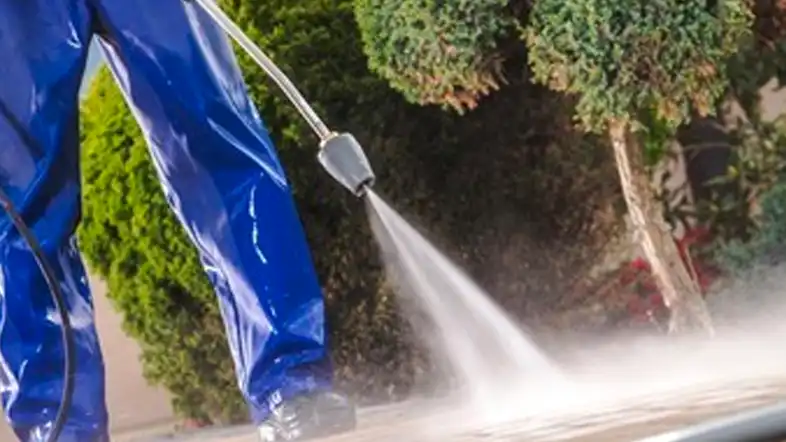
Jet wash, or pressure washing, is a cleaning method that utilizes high-pressure water to remove dirt, grime, mold, and other contaminants from surfaces. It is an effective and efficient way to clean both residential and commercial areas.
How Does Jet Washing Work?
Jet washers use a motorized pump to pressurize water, which is then expelled through a nozzle at incredibly high speeds. The force of the water stream effectively dislodges dirt and stains from surfaces.
The Components of a Jet Washer
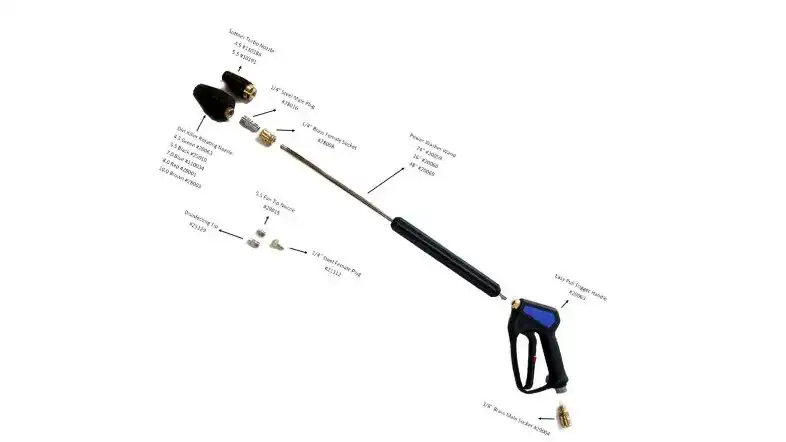
A typical jet washer consists of a water pump, an electric or gasoline engine, a high-pressure hose, and a spray gun. Some models may include additional features like adjustable nozzles and detergent tanks.
The components of a jet washer are essential to its functionality and effectiveness in high-pressure cleaning. Let’s dive deeper into each of these components:
- Water Pump: The water pump is the heart of a jet washer. It plays a crucial role in pressurizing water from a regular garden hose to extremely high pressures. It typically operates using an electric motor or a gasoline engine. The pump’s function is to create the necessary pressure for the water to be expelled at high speeds through the nozzle.
- Engine: Jet washers can be powered by either electric motors or gasoline engines. Electric models are typically more suitable for residential use, as they are quieter and emit no fumes. Gasoline engines are commonly found in heavy-duty, commercial-grade jet washers and offer more power for demanding tasks.
- High-Pressure Hose: The high-pressure hose connects the water pump to the spray gun. It is specially designed to handle the high-pressure water flow without leaking or bursting. The length of the hose can vary depending on the model, providing flexibility and reach for different cleaning tasks.
- Spray Gun: The spray gun is the handheld device that allows the user to control the flow of pressurized water. It features a trigger that, when pulled, releases a powerful jet of water. The spray gun often has an ergonomic design for comfortable use during extended cleaning sessions.
- Nozzle: The nozzle is a critical component that determines the spray pattern and intensity of the jet of water. Jet washers typically come with various nozzle attachments, each designed for specific cleaning tasks. For example, a narrow nozzle may produce a concentrated, high-pressure stream for tough stains, while a wider nozzle creates a fan-like spray for larger surface areas.
- Detergent Tank (Optional): Some jet washer models come equipped with a detergent tank. This tank allows users to mix cleaning agents or detergents with water, enhancing the cleaning power. Detergent tanks are especially useful for removing grease, oil, or stubborn stains.
These components work together seamlessly to create the high-pressure water stream that effectively removes dirt, grime, mold, and other contaminants from surfaces. Users can adjust the pressure and choose the appropriate nozzle to suit the specific cleaning task at hand, making jet washers versatile tools for both residential and commercial cleaning needs.
Applications of Jet Wash
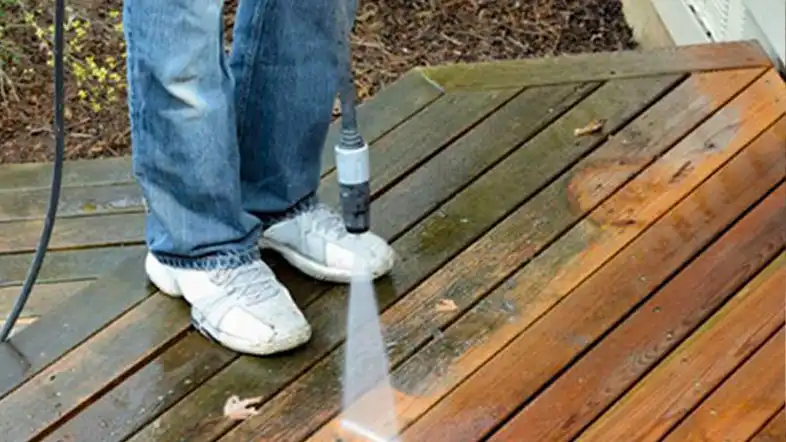
Cleaning Driveways and Patios
Jet washing is an excellent way to restore the beauty of driveways and patios. It can remove oil stains, moss, and algae, making these areas look brand new.
Deck Restoration
Wooden decks can benefit greatly from jet washing. It removes dirt and mildew while preparing the surface for staining or sealing.
Exterior House Cleaning
Jet washing can effectively clean the exterior of a house, including siding, brick, and stucco. It removes built-up dirt and grime, improving the curb appeal.
Graffiti Removal
Graffiti can be a nuisance, but jet washing can make quick work of removing it from walls and other surfaces.
Jet Washer Vs Pressure Washer
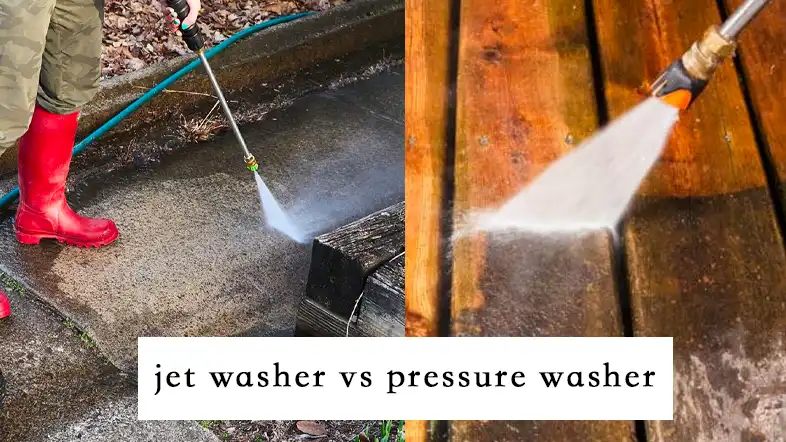
Jet washers and pressure washers are terms often used interchangeably, but they can refer to slightly different types of equipment, depending on regional terminology and context.
Let’s explore the distinctions between the two:
Jet Washer:
A “jet washer” is a term more commonly used in some regions to refer to a high-pressure cleaning device that utilizes water to clean surfaces. Jet washers are versatile tools that are popular for both residential and commercial cleaning applications.
Pressure Washer:
A “pressure washer,” on the other hand, is a more generic term used globally to describe the same type of equipment. It also refers to a machine that uses high-pressure water to clean various surfaces. Pressure washers can be powered by electricity or gasoline engines and are available in a wide range of sizes and power levels to suit different cleaning tasks.
Here are some key points to consider when comparing jet washers and pressure washers:
Terminology: The primary difference between the two lies in the terminology used in different regions. Some regions use “jet washer” exclusively, while others use “pressure washer.”
Functionality: Both jet washers and pressure washers operate on the same basic principle, using high-pressure water to clean surfaces effectively. They typically come with a variety of nozzles for different spray patterns and pressures.
Power Sources: Both types of washers can be powered by electricity or gasoline engines, depending on the model and intended use. Electric models are generally quieter and emit no fumes, making them suitable for residential use. Gasoline-powered units are often more powerful and suitable for heavy-duty commercial tasks.
Applications: Both jet washers and pressure washers can be used for a wide range of cleaning tasks, including cleaning driveways, decks, siding, vehicles, industrial equipment, and more. They are versatile tools for removing dirt, grime, mold, and other contaminants.
Accessories: Both types of washers may come with optional accessories like extension wands, surface cleaners, detergent tanks, and specialized nozzles to enhance their capabilities for specific cleaning jobs.
In summary, while the terms “jet washer” and “pressure washer” may be used interchangeably in some contexts, they both refer to high-pressure cleaning equipment that is valuable for a variety of cleaning applications. The choice between them often depends on regional terminology and personal preference, as they serve the same essential function.
Benefits of Jet Washing
Eco-Friendly Cleaning
Jet washing primarily uses water as a cleaning agent, reducing the need for harsh chemicals that can harm the environment.
Time Efficiency
Jet washing is a fast cleaning method, making it ideal for large surface areas or time-sensitive projects.
Versatility
Jet washers come with adjustable nozzles, allowing you to tailor the pressure to different cleaning tasks.
Increased Property Value
Regular jet washing can enhance the appearance of your property, potentially increasing its value.
Safety Precautions
Eye and Ear Protection
When operating a jet washer, it’s crucial to wear safety goggles and hearing protection to shield yourself from high-pressure water and noise.
Proper Technique
Using the correct nozzle and maintaining the right distance from the surface is essential to prevent damage to the cleaned area.
Avoiding Electrical Hazards
When using an electric jet washer, be cautious with power cords and outlets to prevent accidents.
Conclusion
Jet washing is a powerful and versatile cleaning method that can transform the appearance of your property while being eco-friendly and time-efficient.
By following safety precautions and using the proper technique, you can enjoy the benefits of jet washing for various cleaning tasks.
FAQs
Is jet washing safe for all surfaces?
Jet washing is generally safe for most surfaces, but it’s essential to adjust the pressure and use the appropriate nozzle to avoid damage.
Can I rent a jet washer for home use?
Yes, many hardware stores offer jet washer rental services for home use.
How often should I jet wash my driveway?
The frequency of jet washing your driveway depends on factors like climate and traffic. Typically, once or twice a year is sufficient.
Are there any environmental concerns with jet washing?
Using water efficiently and avoiding the use of harmful chemicals can minimize the environmental impact of jet washing.
Can jet washing remove stubborn stains?
Jet washing is effective at removing many stains, but extremely stubborn stains may require additional treatments or professional cleaning services.

